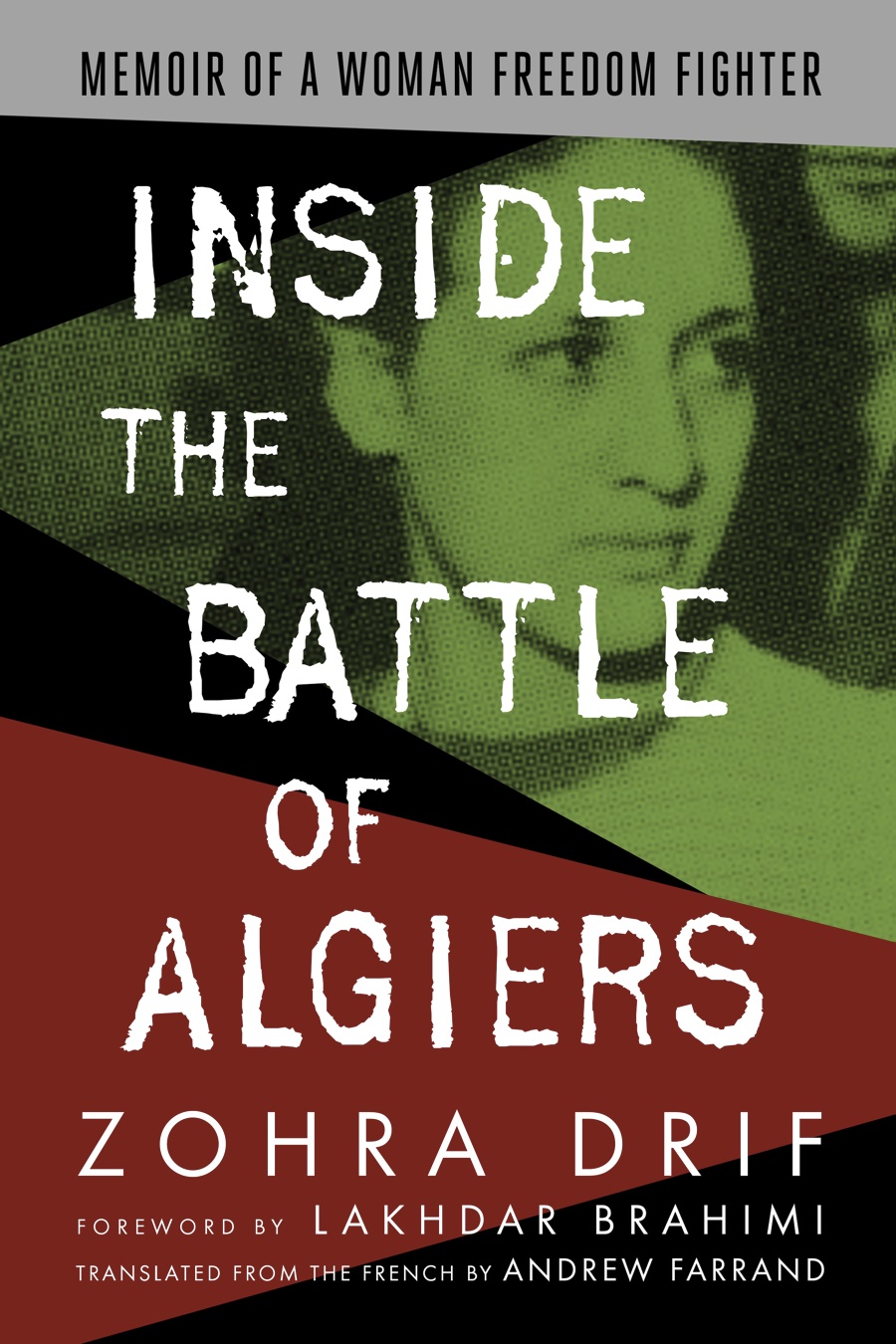Friday May 31 was the 15th Friday in a row in which, across the massive North African country of Algeria, hundreds of thousands of peaceful protesters have taken to the streets, quite peacefully demanding meaningful democratic change.
These protests have already registered some significant gains. Most recently, just today, the country’s extremely powerful army chief, Gen. Gaid Salah, announced that controversial presidential elections earlier slated for July 4 would not now be held.
However, huge challenges remain in a country that since it won independence in 1962 has been under the effective control of the military wing of the “FLN” movement that brought it that independence.
The first of the current, nationwide cycle of weekly protests occurred on February 22, galvanized by the fear that Abdelaziz Bouteflika, a very ill man who had been the country’s slightly-more-than-figurehead President since 1999, might seek a fifth 5-year term in the elections scheduled for July 4. On April 2, Gen. Gaid Salah announced not just that Bouteflika would not run again but also that he had resigned from office, effective immediately.
Since then, the army has taken some moves against some of the cluster of cronies that had gathered around Bouteflika. But it also, until today, continued to stress that the election of July 4 would go ahead as planned. Numerous other candidates had, at one point, announced their intention to run against Bouteflika in the election. But the popular movement in the streets– known collectively in Algeria as the “Hirak”–continued to stress the need for more fundamental democratic reforms, and to avoid holding just a “window-dressing” election on July 4 for another figurehead “President”.
Under pressure from the Hirak, nearly all the previous candidates withdrew their candidacies; and the last two still standing failed to reach the threshold of nominations required to qualify. So today, the “Constitutional Council” that has been the figurehead of power in Algeria since Bouteflika’s resignation announced that the election will not be held July 4.
The 15-week-long popular movement in Algeria has been marked by two notable features:
- Its participants have all insisted strongly that the movement remain peaceful and not resort to violence;
- They have all strongly rejected any hint of outside interference (or “intervention” in their country’s politics.
These two features of the Hirak make it quite different from the popular movements that erupted in Libya and Syria in 2011.
For their part, the army and other security forces in Algeria have generally not responded to the movement with violence and repression. Every Friday, they have mobilized large number of security people to guard major installations of the state, but they have not shot or otherwise attacked the demonstrators. And while the number of arrests has risen in recent weeks, they are still much smaller in number than, for example, the government in Syria has carried out. And thus far, there is only one case of a protest leader having died in detention: Kamel Eddine Fekhar.
One of the worrying arrests was that undertaken a few weeks ago of the head of the Workers’ Party, Louisa Hanoune. Today, Zohra Drif-Bitat, the Coordinator of the National Committee for the Liberation of Louisa Hannoune issued a strong public appeal to General Gaid Salah, demanding Hannoune’s freedom.
Ms. Drif-Bitat’s appeal– and indeed, her position as head of the committee demanding Hannoune’s freedom– is particularly striking because she is one of the key female freedom fighters (“moudjahidate“) whose heroic actions during the national liberation struggle of the 1950s helped Algeria to win its independence. Throughout her appeal she addresses Gen. Gaid Salah as: “Monsieur le Chef d’état-major et frère du combat libérateur”– that is, “Mr. Chief of Staff and brother freedom-fighter.”

(In fall 2017, Just World Educational was proud to organize a speaking tour by Mme. Drif-Bitat in the eastern United States. The tour marked the publication of the English-language version of her memoir, Inside the Battle of Algiers: Memoir of a Woman Freedom Fighter.)
There are many other political initiatives being taken by Algerian activists and thinkers in the current era. The poet and thinker Amin Khan has been one of these. During May, he published a series of four manifestoes (in French) in “Huffpost Maghreb,” laying out his arguments for “Government of Democratic Transition.”
In April, Just World Ed’s President, Helena Cobban, conducted this 30-minute podcast interview— in English– with Mr. Khan. An interview that Ms. Cobban conducted that same month with American Algeria specialist William B. Quandt can be read here, and other useful background materials on the Algerian popular movement can also be found here
